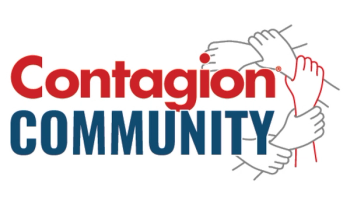
What steps need taken to end viral hepatitis by 2030? “It all comes down to testing,” said Carl Schmid, executive director of the HIV+Hepatitis Policy Institute.

What steps need taken to end viral hepatitis by 2030? “It all comes down to testing,” said Carl Schmid, executive director of the HIV+Hepatitis Policy Institute.
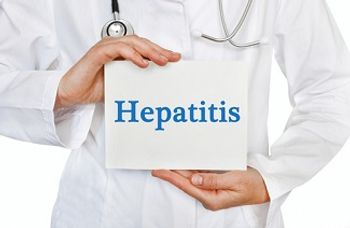
Implicating adenovirus for hepatitis of unknown cause in children is confounded by its absence in some cases, and from all tested hepatic tissue.
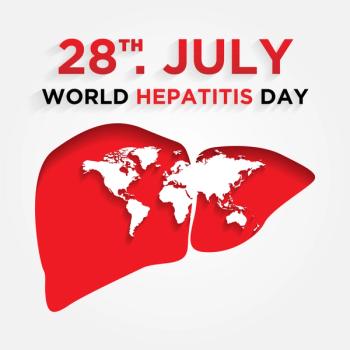
Viral hepatitis “can and should be managed within primary care,” says Dr. Thomas Robertson.

The FDA and other health agencies are investigating fresh organic strawberries, branded as FreshKampo or HEB, that are believed to be the source of hepatitis A infections in the US and Canada.
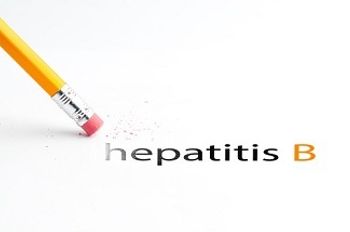
A shorter dosing period and no extra risk of suffering acute myocardial infarction means the newer 2-dose hepatitis B vaccine is an attractive option for protection.

The cases are in the pediatric population and come from 11 countries in the WHO European Region and 1 country in the WHO Region of the Americas.
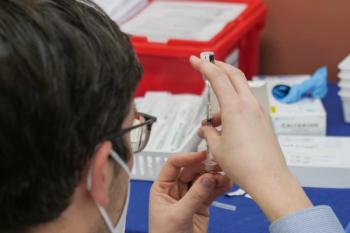
The federal agency's new guidelines for adults between 19-59 years replaces risk-based recommendations.

In this latest episode of Contagion Community, we interview Dr. Jacinda Abdul-Mutakabbir about vaccine equality vs vaccine equity as well as her experience on a COVID-19 vaccine drive to increase vaccinations in communities of color.

Incidence of hepatitis B has fallen in the Asia and Pacific region, but progress against hepatitis C in the region has lagged and morbidity and mortality continued to rise, underscoring a need to improve diagnosis and linkage of care, according to a recent report.
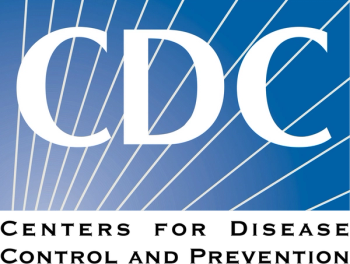
The CDC’s Advisory Committee on Immunization Practices voted to recommend hepatitis B, orthopoxviruses, and Ebola vaccines to certain populations, as well as approving 2022 immunization schedules for children, adolescents, and adults.
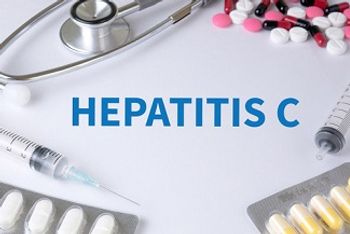
HIV coinfection was associated with a 3.7-fold increase in the risk of non-liver-related cancer among patients with hepatitis C virus infection, a new study found.

Infection with hepatitis B (HBV) can be challenging. What will patients accept in exchange for the chance of a functional care?
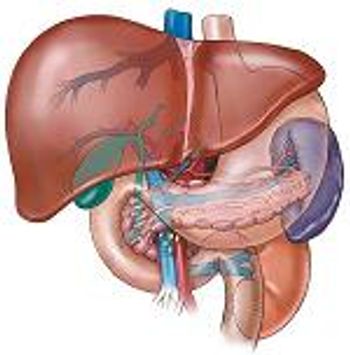
CDC report chronicles 20 incidents of HBV infection among recipients between 2014 and 2019.

New shot fills a vital need, given poor efficacy of earlier options, researchers say.

With its mRNA COVID-19 vaccine authorized, the company is employing the technology to take aim at a variety of pathogens.

Simplifying access to hepatitis C virus care, including decentralized community-based care and task shifting to non-specialists, could improve testing and treatment for patients in settings with limited resources.
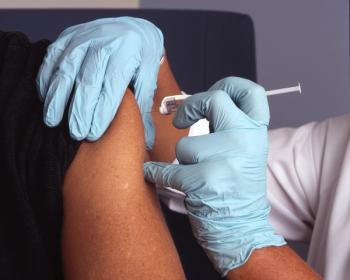
Series completion rates were different among patient groups, the study authors observed.

COVID-19 has further highlighted the need for innovative models that minimize face-to-face contact in HCV treatment.

An investigational HCV vaccine induced immunologic response and was well tolerated, but did not protect against infection.
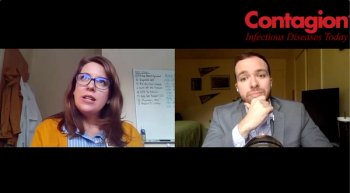
We asked a simple question to our IDWeek experts: has COVID-19 taken attention away from any greater infectious disease issues?

The presenting IDWeek author discusses the implication of promising phase 3 data for a new HBV vaccine.

A cross-specialty collaboration to mitigate inpatient cases of opioid use disorder has had early success; developers want to grow it.
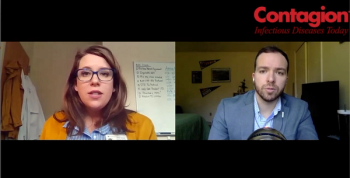
A firsthand look into a Kentucky program that's initiated opioid use disorder care in recurring HIV, hepatitis C patients.
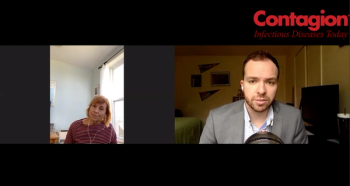
New head-to-head phase 3 data show a promising potential new HBV vaccine may join the market in the near future.
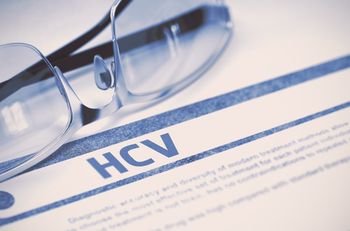
Study explores the antiviral mechanisms of C19orf66, an interferon-induced inhibitor.